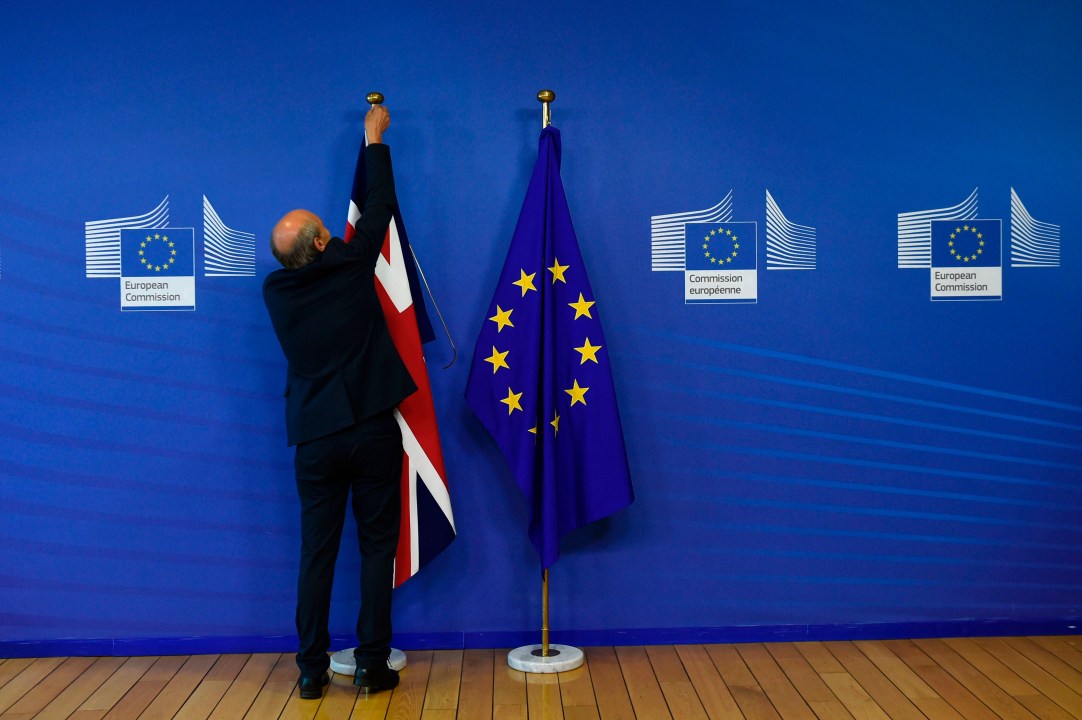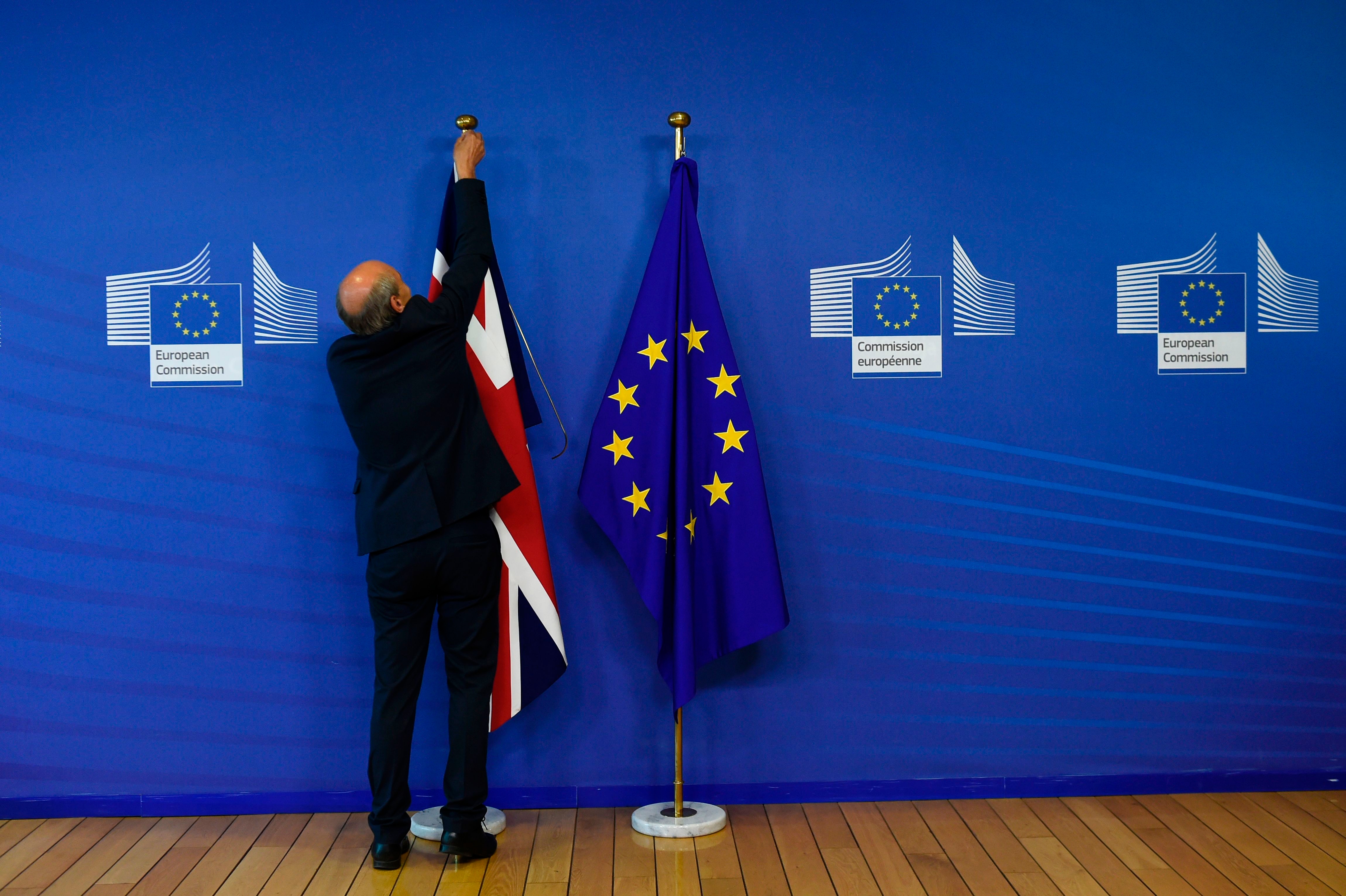The exit bill keeps going higher and higher. No progress has been made on the Irish border, and not much on citizens’ rights. The talks are deadlocked, and you need an extraordinary level of optimism to imagine that Theresa May talking directly to Emmanuel Macron or Angela Merkel is gong to make much difference to anything. The EU seems completely unwilling to be flexible on negotiating the terms of our departure from the club. The result? A cliff-edge hard Brexit is looking more likely all the time.
That might be a catastrophe or it might not. We will have to see if and when it happens. One point should be obvious, however. While there may be costs to that, they are coming down all the time. The closer we get to the March 2019 deadline, the more attractive the ‘cliff-edge’ becomes. Here’s why.
Only the most swivel-eyed Ukipper would try and pretend that leaving the EU without any sort of deal won’t have any costs attached to it. In fact, the closer and more likely it gets, the more both companies and the Government have to prepare for it with hard cash. We have already seen that with the sums the Treasury has set aside for that possibility, and the far larger amounts it has had to pencil in as it gets more likely.
And yet – and this is the important bit – the costs are mostly one-off and transitional. To take just one example, the Government will have to invest a lot of money in ports and other infrastructure to cope with tumbling out of the Single Market and falling back on World Trade Organisation rules. We may need lots of new customs facilities, and more parking space for trucks in Dover. But once that money has been spent, it has been spent. It then won’t make much difference whether we do a deal or not.
Likewise, companies may well be hit by exiting without a deal. A lot of them will have to spend money on branch offices inside the EU to stay in the Single Market, or else on extra staff to comply with customs and other regulations. In some instances – especially in finance – they will have to move whole operations to Paris or Frankfurt or some other EU country. The economy will take a hit. Again, however, that is mostly a one-off. Some banks have already left. More companies will do so in the next six months. Once they are gone, however, it is hard to imagine they will come back even if David Davis and Michel Barnier do pull a rabbit out of the hat at the last moment. Who needs that kind of hassle?
So, in another six months, if no deal is in sight, it won’t make much difference either way. Damage will have been done, but there will be little prospect of undoing it. The government money will have been spent. And the businesses we will lose will already have gone. At that point, we might as well walk away, because there won’t be much point in paying for a deal that won’t be worth much anymore. The EU might think it is being smart by delaying and delaying until the last moment. But all it is doing it making it more likely that no-deal is the final outcome – and that won’t benefit anyone.







Comments